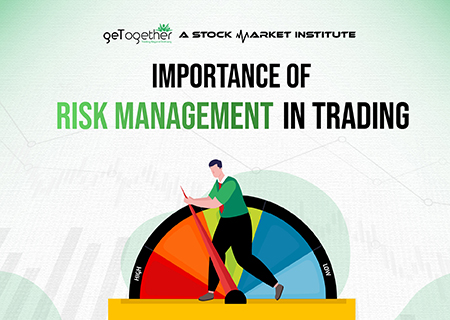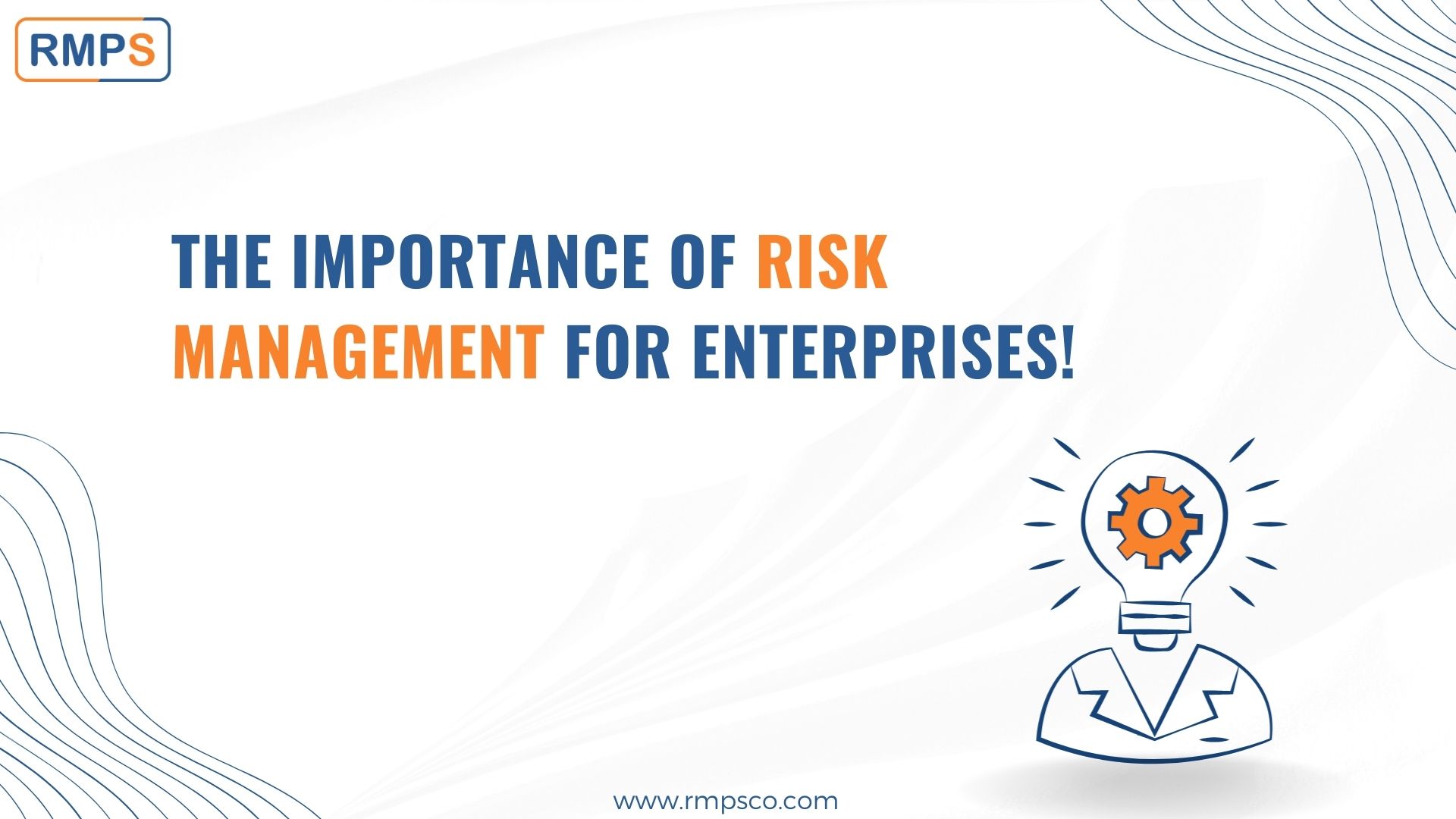How the Importance of Risk Management Facilitates Successful Project Outcomes
How the Importance of Risk Management Facilitates Successful Project Outcomes
Blog Article
The Value of Understanding the Value of Risk Management in Different Industries

The Core Idea of Risk Management and Its Purpose
Risk Management, the keystone of numerous markets, pivots on the recognition, examination, and mitigation of uncertainties in an organization atmosphere. It is an integral practice that enables companies to secure their properties, credibility, and general survival. By appropriately identifying potential dangers, organizations can establish strategies to either protect against these threats from happening or lessen their influence. The assessment procedure entails assessing the probability and potential extent of these threats. When dangers have been determined and evaluated, the reduction process includes devising methods to lower their prospective effect. This process is recurring and cyclical, making sure that companies are prepared for the ever-changing nature of Risk in various markets. The main purpose, thus, is to foster resilience among unpredictabilities.
Advantages of Carrying Out Risk Management in Business Procedures

Unveiling the Duty of Risk Management in Different Industries
While every market challenges its one-of-a-kind set of threats, the execution of Risk Management methods remains a common measure in their quest of sustainability and growth. In the health care industry, Risk Management entails guaranteeing person safety and information protection, while in finance, it includes mitigating financial investment dangers and making certain regulatory compliance (importance of risk management). Building business concentrate on employee safety, project delays, and spending plan overruns. In the technology field, companies minimize cybersecurity risks look at this website and innovation obsolescence. Eventually, the duty of Risk Management across industries is to determine, analyze, and minimize threats. It is an essential component of tactical planning, enabling organizations to secure their assets, optimize possibilities, and attain their purposes.
Real-life Case Studies Demonstrating Effective Risk Management
To comprehend the value of Risk Management in these lots of markets, one can seek to numerous real-life circumstances that show the successful application of these measures. For instance, in the power market, British Petroleum established Risk reduction plans post the 2010 Gulf of Mexico oil spill. They executed better safety treatments and stricter regulations which significantly decreased further mishaps. Likewise, in finance, Goldman Sachs efficiently browsed the 2008 economic dilemma by identifying possible mortgage-backed securities threats early. Toyota, post the 2011 quake in Japan, modified its supply chain Management to lessen disruption dangers. These cases show just how industries, picking up from situations, properly applied Risk Management methods to decrease future dangers.
Future Trends and Developments in Risk Management Methods
As the world remains to develop, so too do the fads and advancements in Risk Management methods. Quick advancements in modern technology and data analytics are reshaping the Risk landscape. Big information and AI are currently crucial in forecasting and reducing threats. Organizations are leveraging these devices to construct anticipating versions and make data-driven choices. Cybersecurity, as soon as an outer problem, has catapulted to why not try this out the center of Risk Management, with approaches concentrating on prevention, feedback, and detection. The combination of ESG (Environmental, Social, Governance) aspects into Risk Management is another expanding fad, mirroring the raising acknowledgment of the function that social and ecological risks play in business sustainability. Thus, the future of Risk Management exists in the combination of innovative technology, cutting-edge methods, and a holistic method.
Conclusion
In final thought, understanding the significance of Risk Management across a spectrum of markets is vital for their longevity and success. Inevitably, effective Risk Management adds to more lasting and resistant businesses, highlighting the significance of this method in today's vibrant and extremely competitive company atmosphere.
While every market challenges its special set of risks, the implementation of Risk Management methods continues to be a typical denominator in their search of sustainability and development. In the healthcare industry, Risk Management entails guaranteeing patient safety and security and information security, while in finance, it includes mitigating financial investment dangers and ensuring regulatory conformity. Inevitably, the role of Risk Management throughout sectors sites is to recognize, assess, and minimize dangers. These situations demonstrate just how industries, finding out from dilemmas, efficiently used Risk Management strategies to lower future dangers.

Report this page